How has the world of fishkeeping changed over the last 40 years?
Since we opened our first store in 1984 a lot of things have changed, even many of the fish. New species have arrived on the scene, as well as established old favorites in a breathtaking range of forms.
Technological advances have revolutionized the home aquarium hobby, with the digital age reaching into many aspects of keeping. From the early days of power filtration when undergravel filters were still all the rage and nitrate accumulation could be very problematic, to a time when filters are silent running, self-priming and some are even capable of removing pollutants without the aid of bacteria. Heaters have now become more reliable and smarter too - the old rite of passage of leaving a live heater exposed to air and hearing that ominous cracking sound has largely been consigned to the past with heaters turning themselves off to avoid overheating. Perhaps the biggest advances have been made in lighting. Reef aquaria especially have seen an absolute revolution, with previous choices of expensive metal halide lamps or banks of fluorescent tubes being replaced with programmable LED units running cool and at much greater efficiencies. Freshwater units are now programmable too, with hobbyists enjoying the luxury of effects such as sunrise/sunset, tropical storms complete with lightning and cloud cover, or just plain old on/off cycles without the use of a timer. Of course, if you do need a timer, you can buy one that runs off a phone app and enables you to control everything without crawling behind the tank to swear at an awkwardly positioned extension lead.
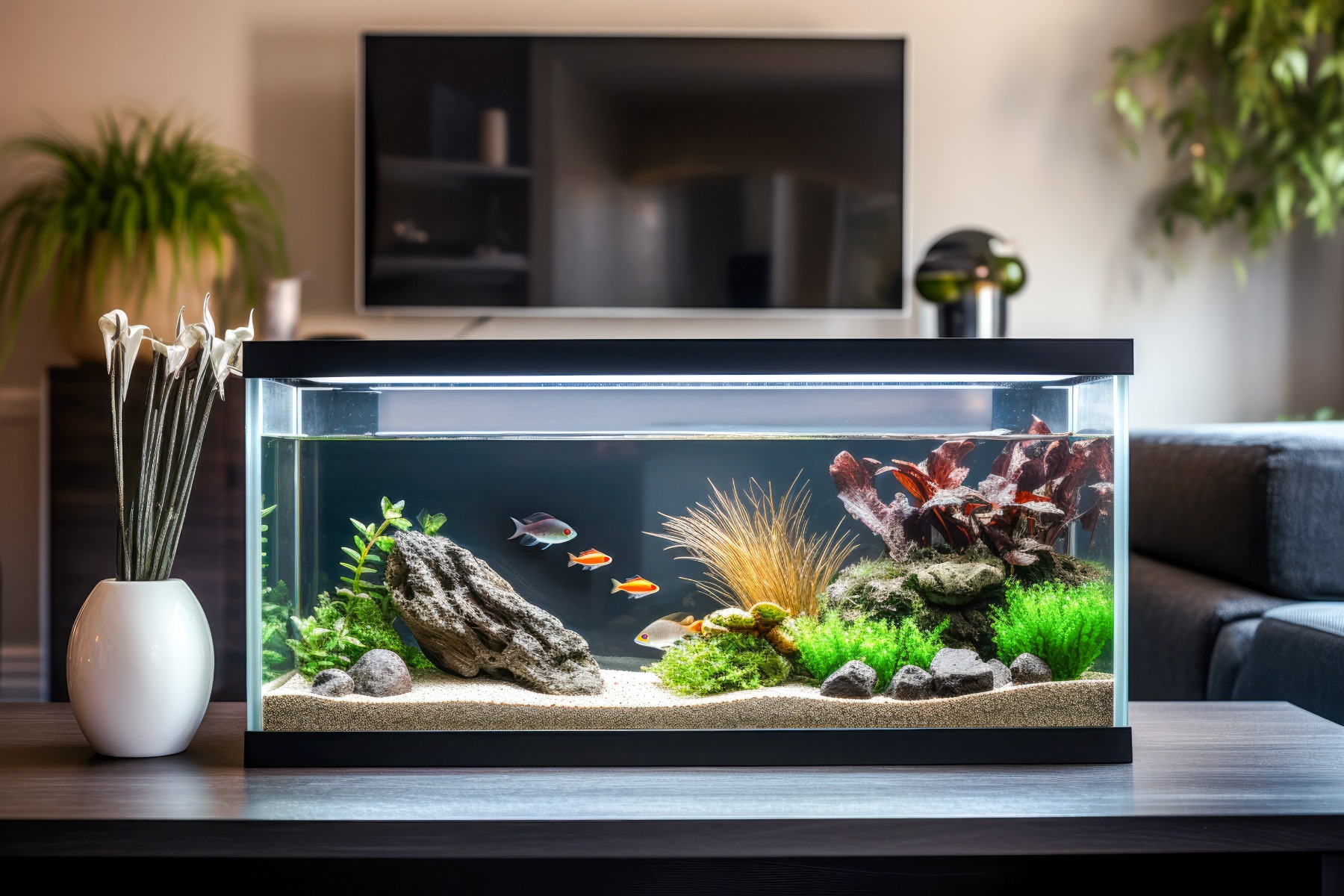
The balanced aquarium is a very venerable and established concept known to Victorian keepers, but generations later the principles remain much the same. Although this is still the main stumbling block for new keepers, there’s now a far better understanding that water quality is the most important aspect of our branch of pet keeping. From a time when test kits were only found in the hands of dedicated enthusiasts, the modern hobby sees new keepers introduced to the nitrogen cycle and the importance of KH at an early stage. Gradually the answer to our first question when facing problems with a customer’s aquarium is turning from “the water’s fine” or “my other fish are still alive” to “ammonia and nitrite is fine, but my nitrates are a bit high”. In the less forgiving arena of coral keeping, hobbyists can check and monitor parameters such as magnesium, alkalinity, and a whole host of factors that would have been unknown decades earlier.
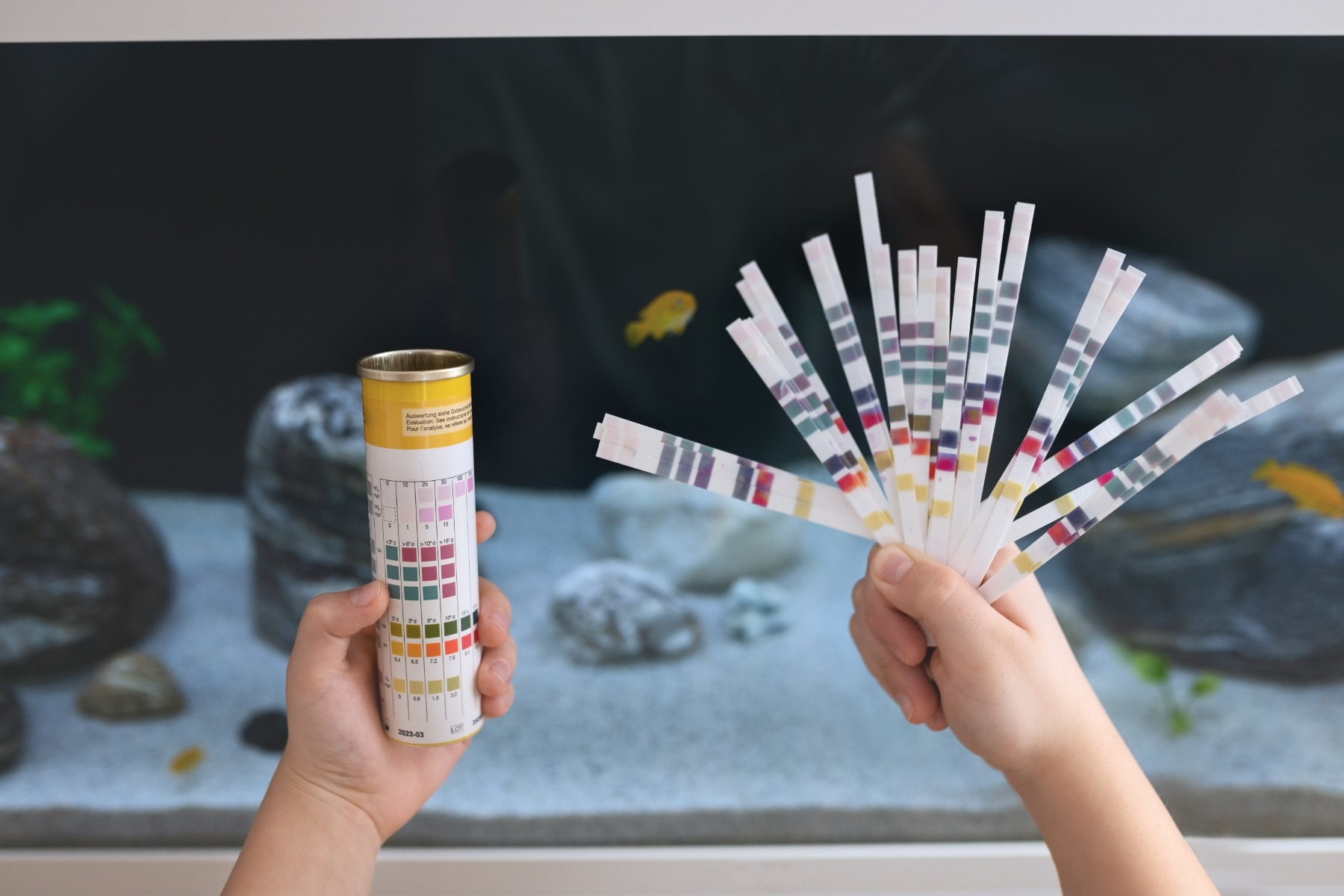
Although films such as Finding Nemo have brought mixed blessings to pet fish, it’s true to say that their welfare has become far more of an issue than it was before. Our customers are now far less likely to ask for a goldfish bowl, although this does remain a regular request, and we’ve tried our best to limit the number of unsuitable species entering the UK hobby. The rise of nano tanks at the turn of the century has now settled into a growing interest in artfully furnished aquaria where plants and hardscaping are often as important as livestock. These underwater gardens are usually populated by small, shoaling species and this reflects a growing interest in keeping our aquatic pets in spacious setups. We still have a core group of dedicated enthusiasts with tropical ponds and aquaria that wouldn’t look out of place in a public aquarium, and these are often home to high-end tank busters who enjoy lives of indulged luxury. Recent global events have impacted fish prices significantly and made buying healthy stock more of an investment to be protected. Looking back over the price of fish, it’s clear that they’ve been subject to the same inflationary pressures as bread, beer, and houses but remain excellent value when seen as live animals that have often traveled first class from far-flung locations.
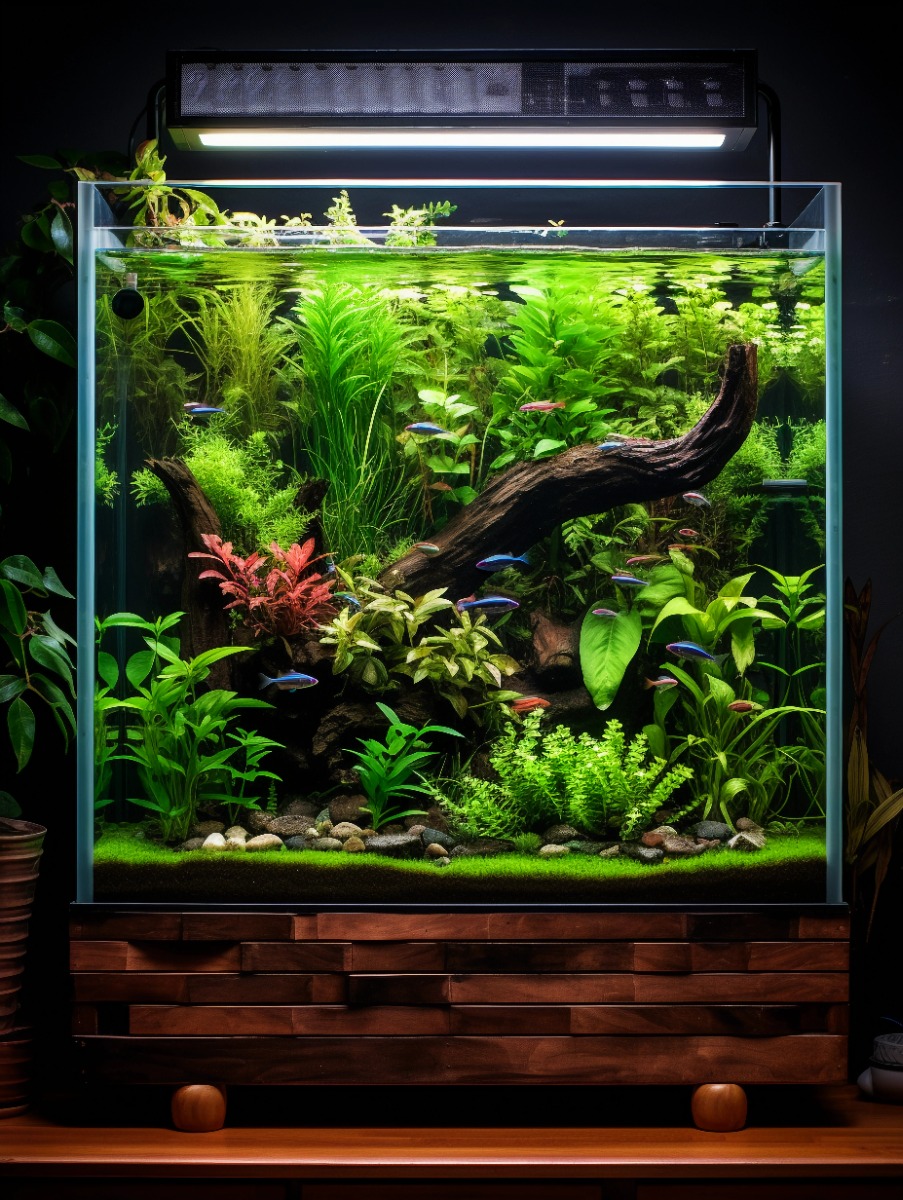
We’ve seen the rise of the internet and social media, providing keepers with a wealth of information on all aspects of their aquatic pets. We can access habitat data that provides important insights into care requirements, as well as sharing successful husbandry and breeding tips. This sharing of information is something of a double-edged sword, with misinformation and myth being problematic, as well as the recent issue of AI-generated content which can be misleading if not carefully edited. One of the biggest benefits we’ve seen in recent years is the ability to use QR codes on our labeling to link customers to reliable sources of information. Although it might sound the opposite of what you’d expect, in this case, it pays to take advice from a source that has a financial stake in your success as a fishkeeper. From our side of the counter, the greater connectivity has brought us into even closer contact with our suppliers and facilitated a two-way exchange that sees us ordering Bettas from a gallery of freshly taken photos, or querying identification or locality information with people whom we only otherwise see when we undertake our visits to suppliers.
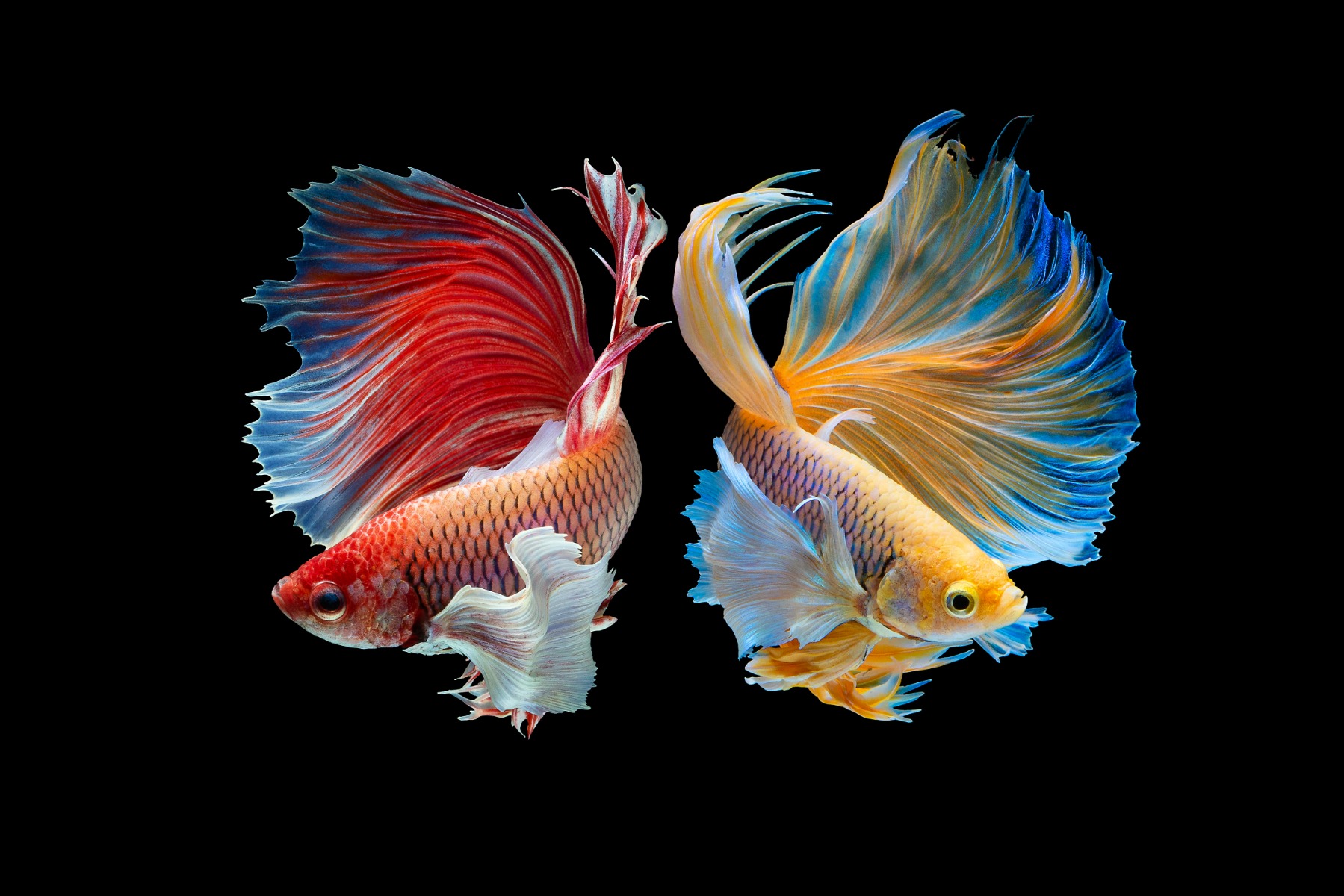
Greater connectivity with our suppliers has enabled us to be very involved with our supply chains. We also fund projects in developing nations that source livestock for us and as well as safeguarding habitats and species, they also help communities in parts of the planet where sustainable incomes are otherwise hard to find. We’ve visited sites where the impact of destructive use contrasts with well-run sustainable practice in the real world and are proud to support efforts to safeguard reef and rainforest habitats. As well as encouraging in-situ conservation and captive breeding, we deal with a large network of breeders unlocking the secrets of a wide range of species and producing new and exciting forms of familiar species. Whilst the natural world remains in jeopardy and wild habitats are threatened, many fishes are far more numerous in captive aquaria and are seen in every one of our stores. For some of the less popular (and often drab) species, the aquarium hobby remains a refuge and we’ve seen the start of projects to restore freshwater fishes bred in captivity to their former native range, following work to restore habitat.
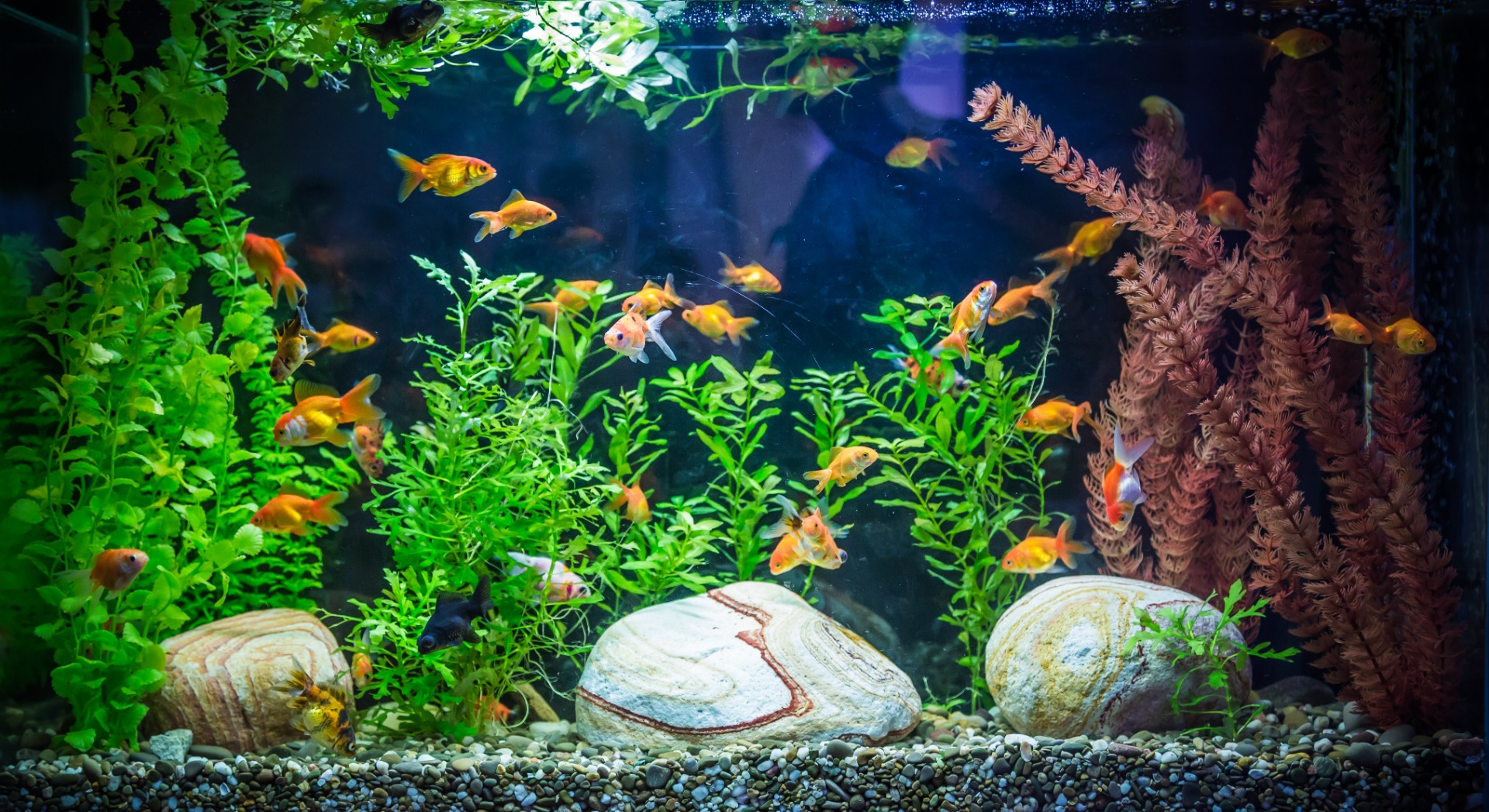
Overall, the world of fishkeeping has evolved significantly over the last 40 years, with advancements in technology, increased knowledge about fish welfare, improved access to information, and a growing emphasis on sustainability and ethical practices. These changes have contributed to a more informed and responsible approach to fishkeeping.


